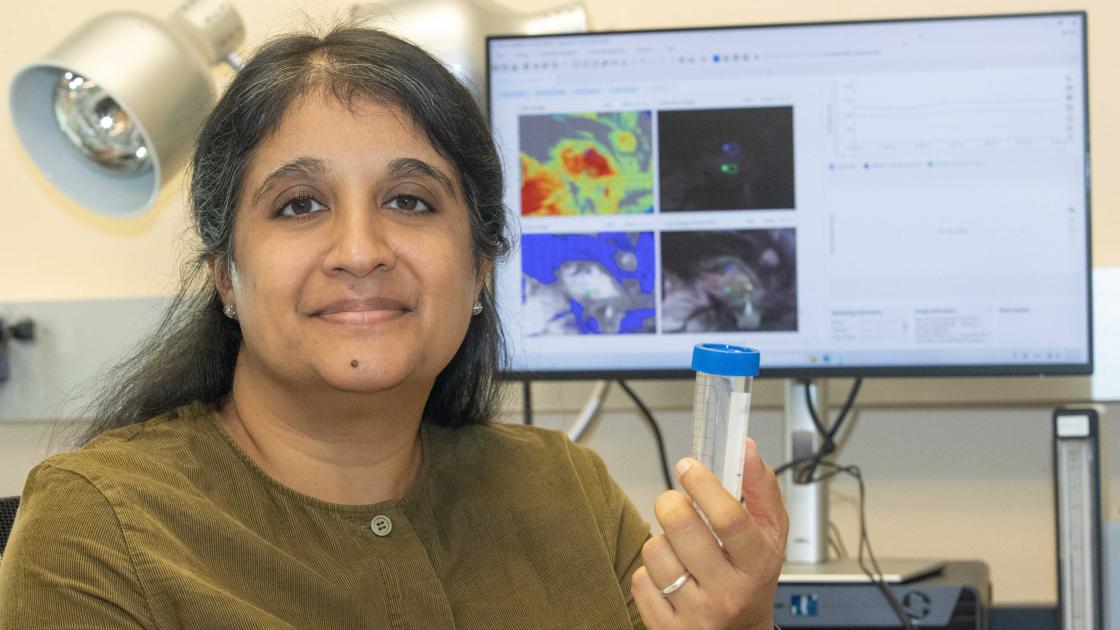Biomedical research is a critical function of academic medical schools. Research efforts at SIU Medicine directly support our mission to improve the health of the region’s population through innovations and scholarly improvements in education, medical care delivery and advances in the diagnosis, treatment and prevention of diseases. These advances directly benefit the patients we serve and transcend borders to benefit health care everywhere.
SIU employs 175 full- and part-time biomedical researchers, pursuing innovative advances in a wide range of discovery, translational and clinical sciences, including hearing loss, Alzheimer’s disease, cancer, women’s health, public health and restorative medicine.
Trainees involved in biomedical research at the SOM include masters and doctoral students from three individual graduate programs, postdoctoral fellows, medical students, residents and clinical fellows. Faculty provide direct opportunities to integrate research within educational experiences, assuring that medical advances will continue to materialize for generations to come.
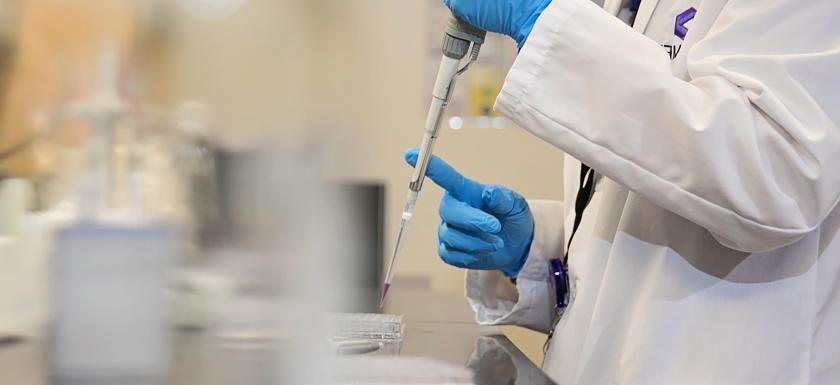
Associate Dean for Research
Don Torry, PhD, the associate dean for research's office, coordinates SIU’s involvement with sponsored programs and establishes and maintains contact with funding agencies.
Welcome
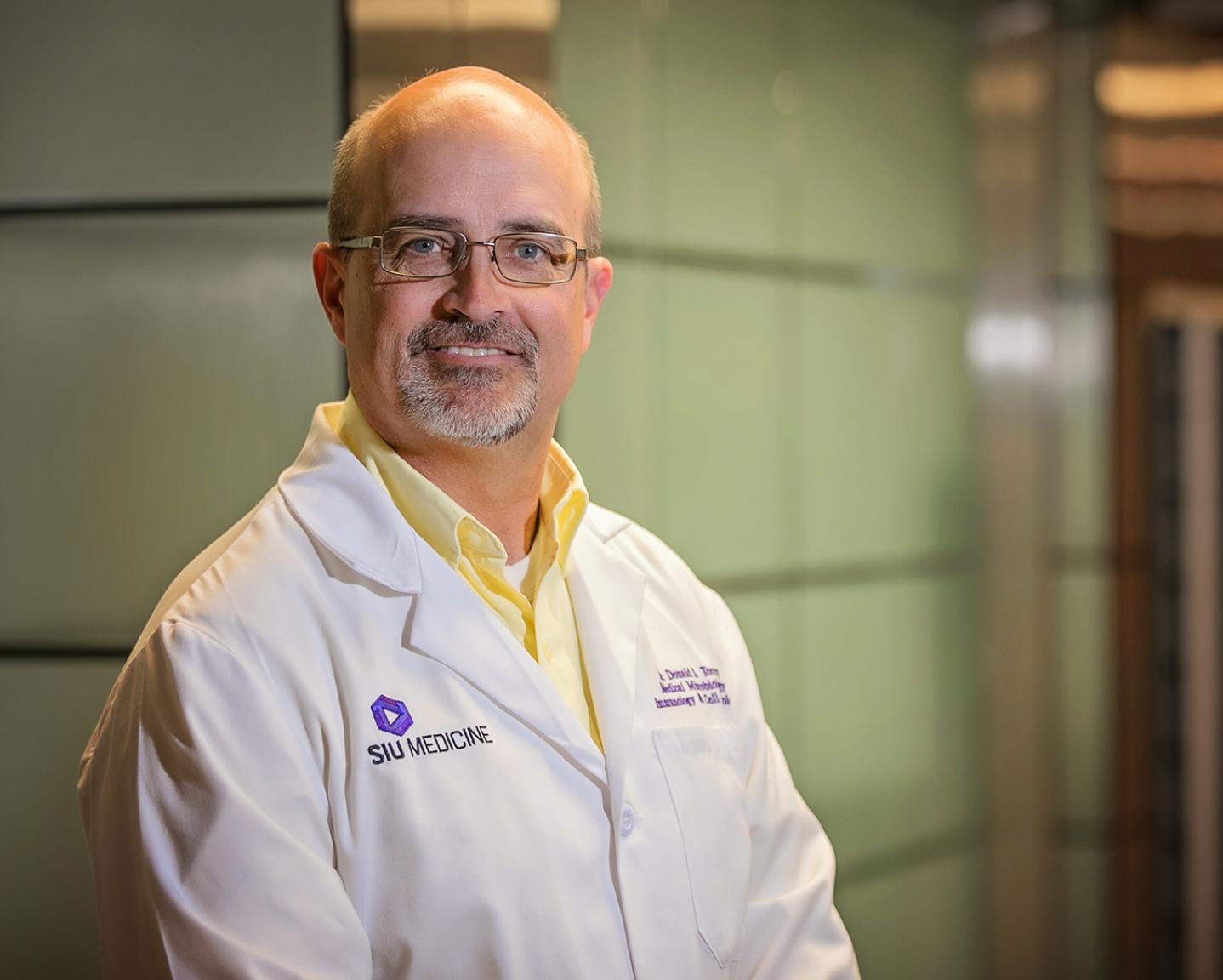
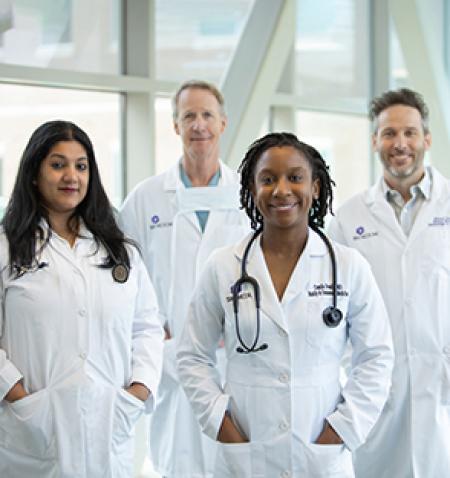
Our faculty
The faculty at Southern Illinois University School of Medicine is focused on educating the region's top physicians, researching new models of care, and providing expert clinical services that address the health care needs of central and southern Illinois.
Associate Dean of Research Offices
Learn more about our teams and all the ways that we are organized to advance treatments, technology and educational experiences.
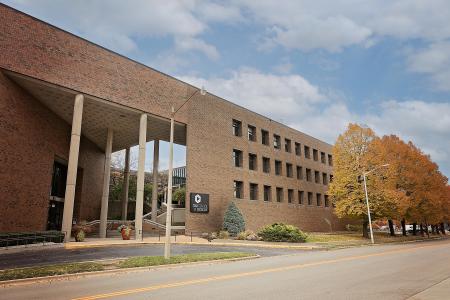
Research is fundamental to better treatments, improved medical care and a healthier world. And it’s a key component of academic medicine at SIU.
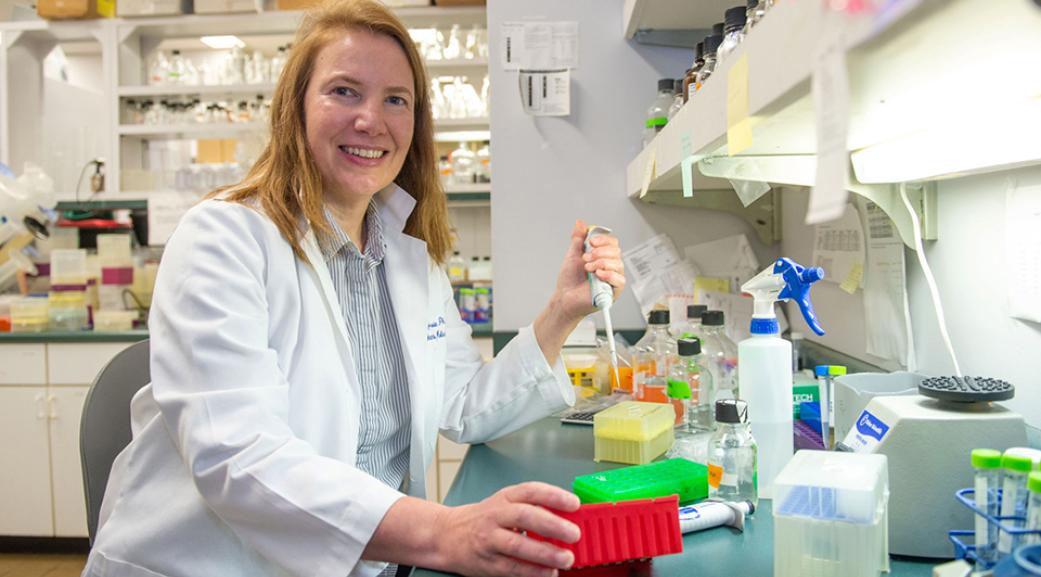
SIU earns elite Research 1 status in national rankings
SPRINGFIELD, Ill. – Southern Illinois University has joined the nation’s top research institutions. The university has been designated a Research 1, or R1, institution in the latest Carnegie Classification of Institutions of Higher Education, placing it among the top 5% of research universities in the country.
Latest articles

Small dollars, big discoveries
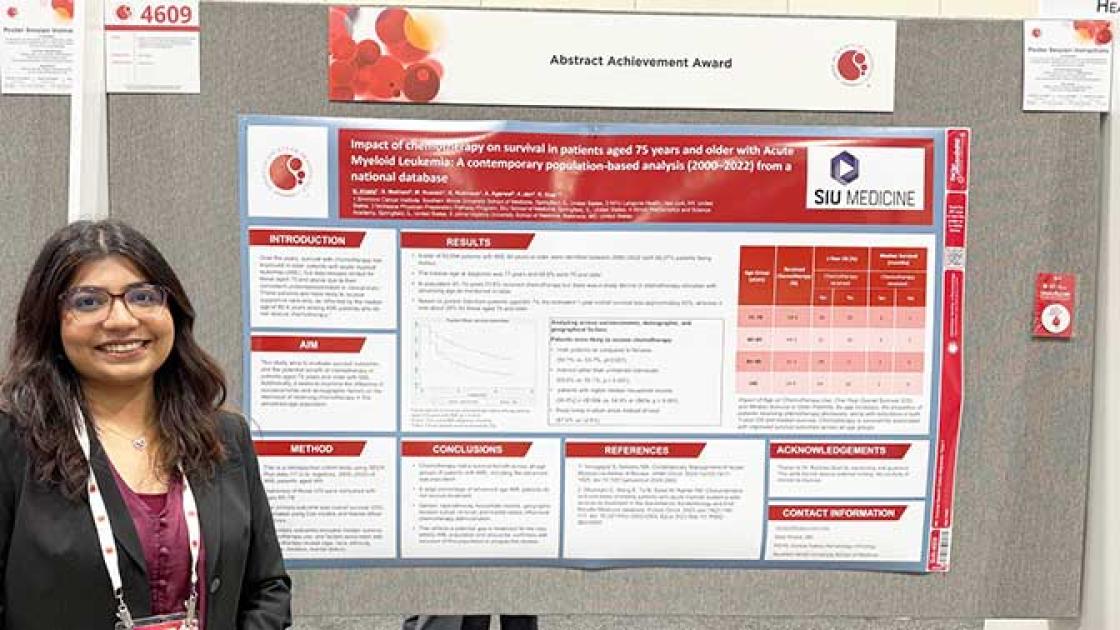
SIU Medicine fellow’s research finds older cancer patients live longer with chemotherapy
